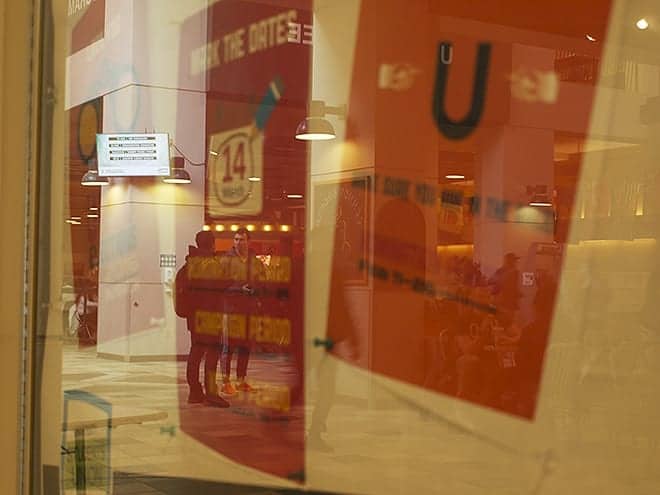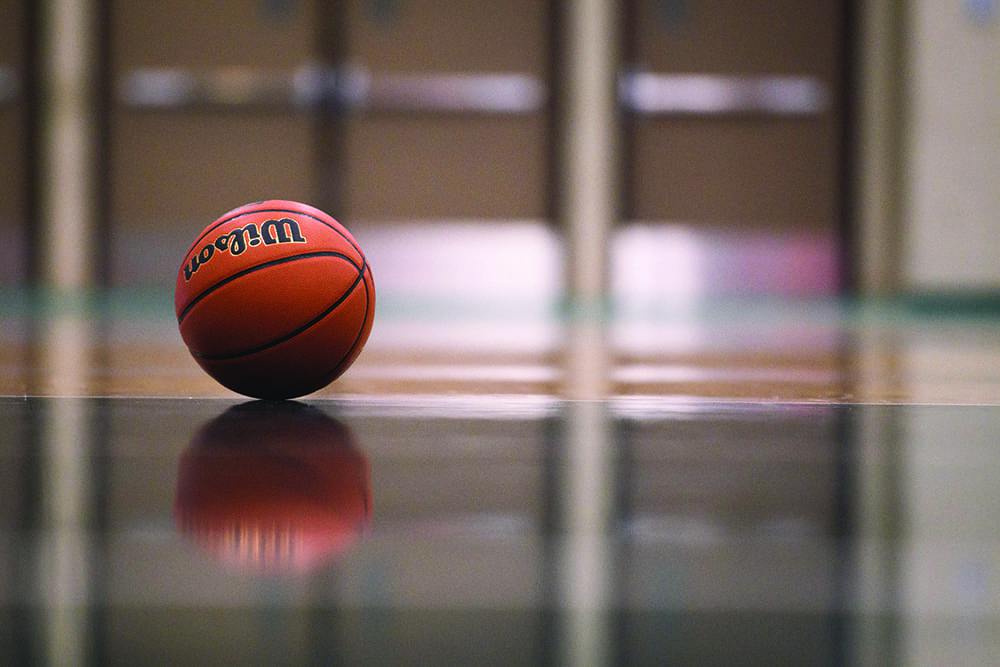Candidate Profiles – URSU President

breaking down the issues with the Presidential candidates
This Week, the Carillon‘s news writer Derek Cameron was able to catch up with presidential hopefuls Jason Gagnon, Jermain McKenzie, and Connor MacNeil.
Why did you decide to run?
JG: I decided to run for President because I enjoyed my job as Vice President Student Affairs, but I felt like my job was focused on services and not enough on advocacy. So I decided to run and be a leader on advocacy.
JM: I realized that I had no idea what URSU was, and I found out about it, and how much I was paying, I was concerned. As well, I saw our tuition increasing and I felt URSU is not forcefully talking to the government.
CM: Basically, I think there a problem with the Union. It’s not doing enough for students. I see URSU at the voice of the students. It’s not. URSU is failing on the advocacy end and student fees to URSU have gone up without an increase in service.
What are your priorities within your position?
JG: Advocacy is a huge one. Also, expanding our services. URSU cut back on a lot of things, but then, with changes, we found money and are projecting a big surplus, so I want to give that money back to students, especially by increasing student group funding. Giving a greater capacity for events will increase our culture.
JM: Tuition is priority number one. I also want to help to bring the community together; we have a growing international community. It’s hard growing up away from home in a stressful environment. URSU can do a lot to support these groups.
CM: My number one priority is keeping university affordable. My number two priority is being an advocate.
What concrete goals will you pursue to ensure your priorities receive attention?
JG: I would like to add mental health care to our insurance services; it’s about 20 dollars per student more, it’s really reasonable. I really want to help out student parents. Instead of paying the daycare on campus, which has limited spots, I want to keep that money and distribute it to all people who use daycare for their children to help alleviate that problem.
JM: URSU should work closer with international groups. They can do better in terms of funding these groups and helping promote these events. A lot of these groups don’t have planning experience, URSU does. We should be helping the groups along the way. We need to look at funding and increase funding to student groups; it’s a student organization. I would also look at cutting executive pay, it is morally justified that we show empathy for the tough situation by cutting pay and increasing services for students.
CM: Lobbying administration to keep tuition down. Another thing: cutting URSU salaries, think of what we could do with that money.
Will you pursue changes to URSU, if so what changes and why?
JG: We made vast changes the past years, mostly transferring operations to staff, which makes sense. On the internal end we are always updating URSU policies for transparency and fiscal responsibility.
JM: Executives salaries for sure will be cut. A lot of problems are fixed, thanks to the prior executive. One thing, I don’t think conferences should be attended as often, only if its mandatory or if training isn’t available here or online. It will be my job to learn best practices, but information is online.
CM: I will hold online polls and make meetings more accessible, I won’t hold them in a small boardroom. If we are trying to attract people we need more space for them.
What role do you see for URSU outside the university community?
JG: Governments and MLAs are very open to hearing what students have to say. They respond quickly, they do care. Sometimes though, it’s not a priority. I want to meet with the Minster of Advanced Education more regularly. That said, you need to make sure you’re not just devoting all your time to lowering tuition; you need to do the rest of what URSU does. I want to address cost drivers to sit on collective bargaining agreements and to make it clear that these decisions affect students. We also need to show that students have benefits; not just saying tuition is too high.
JM: We have a government that has decided we aren’t the priority. Tuition is going up higher than inflation and the national average. Our neighbouring provinces have better climates. In Alberta, there is a government feeling extreme financial stress and it still has students as a priority; there is a two year freeze on tuition.
CM: URSU has to solve things inside the university first. We also need to advertise community services like the UR Pride office.
How do you think you can change URSU’s image as basically being “The Owl?”
JG: Students in third or fourth year, they have a fixed perception, so what we need to do is show incoming students our other services so that they see, URSU is not just The Owl — Orientation is a great way to do this. Advertising services is a tough thing to do, posters aren’t doing the trick, social media isn’t connecting with students; that’s why I propose to table each month and talk to students. I also want to do a student survey where we collect data on students and figure out what they actually want. For instance, I was approached and asked, “do students want reading week in the fall?” and I had to say, I don’t know what they want, I know what some people want, my friends, but not everyone.
JM: The business of the Owl itself is bad, it’s lost money. It’s set up as a revenue generator and it’s not doing that. If elected, my primary duty will be to assess the business plan and to take steps to cut waste. I will advertise the services earlier so that students are aware, and I will make sure that money is increased for services. URSU should meet students groups – I will meet regularly with students groups – be present in classrooms, keep doing a vigorous job, you have to meet and show what the services are.
CM: The Owl is important, I think we need to hold more diverse events to get more students in. We need to invite students in, try and get groups holding their events in the The Owl.









